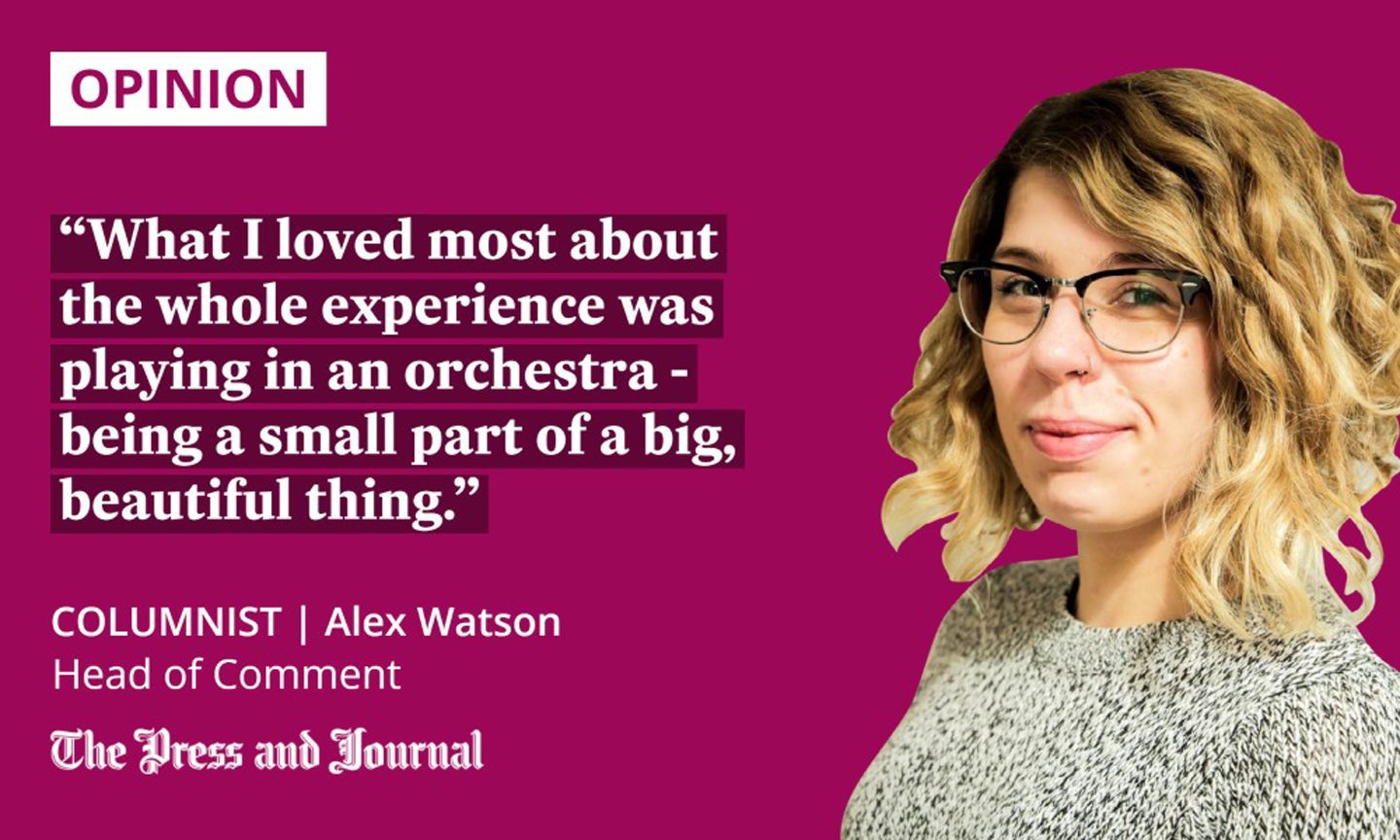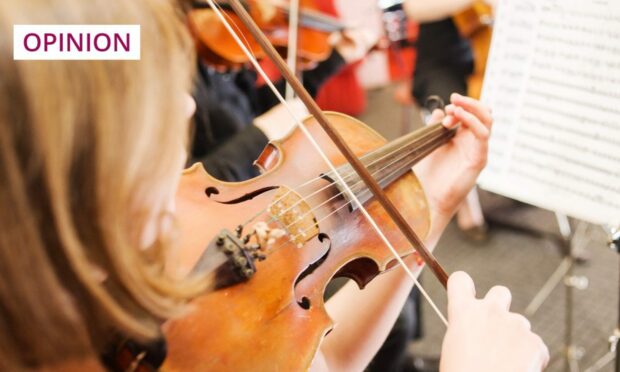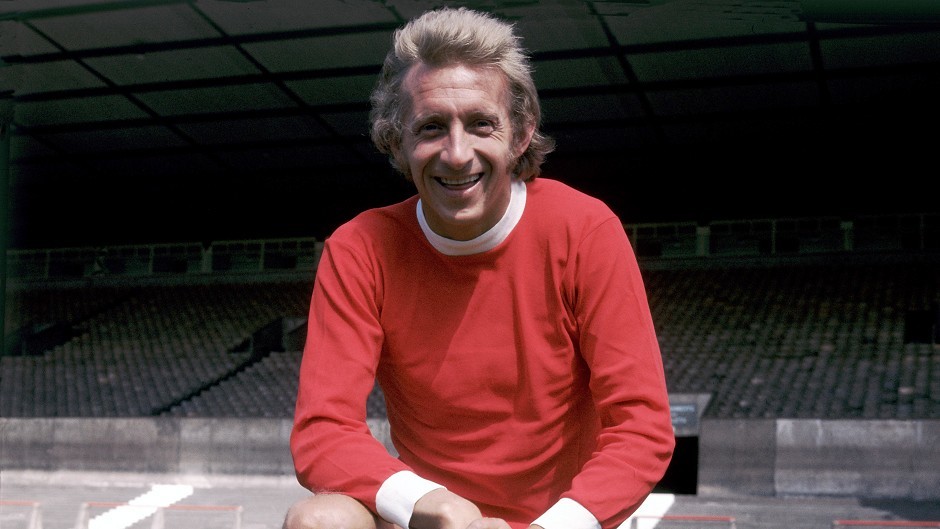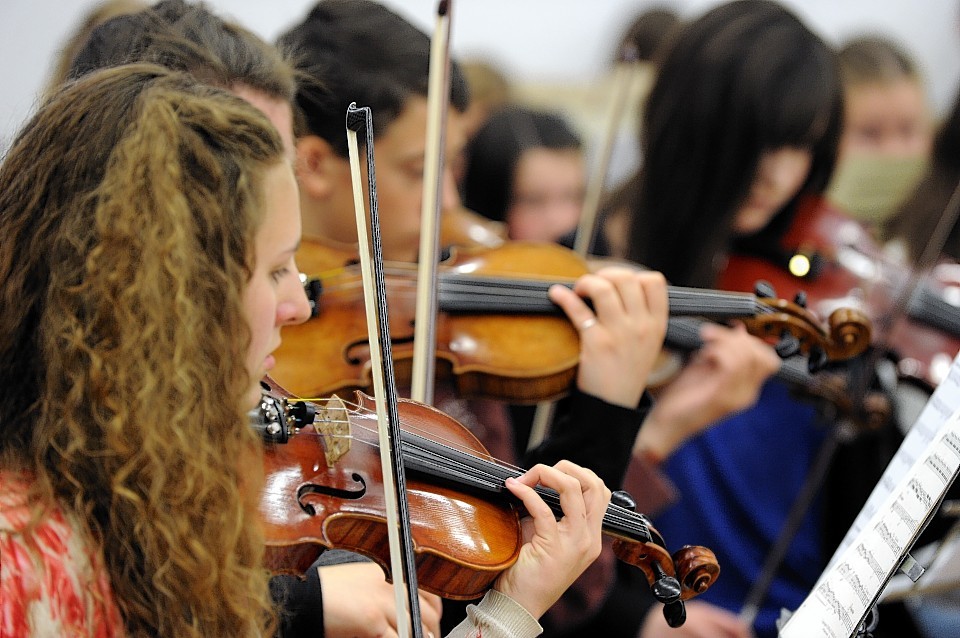Sometimes, when I’m weary, I wish I could summon the energy I had when I was 16 or 17; when, after school, no matter what, Monday nights meant orchestra rehearsal, and Tuesdays meant piano lessons.
Wednesday evening was given over to another, different orchestra practice. And nearly every Friday or Saturday afternoon involved a screeching jam – in a patient parent’s dining room, or someone’s mum’s colleague’s husband’s shed – with the greatest all-girl indie rock three-piece you never heard of.
In-between, I was practising. (Though possibly not enough, as the supportive, long-suffering woman who paid for those aforementioned piano lessons may attest.)
Don’t get excited. I’m not about to reveal my secret double life as a virtuoso musician. I’m not very good, and I never have been. But, then, that was never really the point.

I played the viola. Not because I showed a natural knack for it, but because the school orchestra needed viola players.
Tuition was free, with a weekly lesson incorporated into my school hours, and I was lent a viola to take home and practise with.
It’s a funny old instrument – strung like a little cello, but bigger and deeper than a violin. It doesn’t really get to play the melody much in an orchestra. It uses alto clef, which isn’t very common but is all that I can sight-read. (That’s part of why the piano lessons never took, Mum, I swear.)
Had it not been free to learn, I’m not sure I would have ever given it a go. I’m not sure I would ever have picked up a stringed instrument at all.
Been told that @scotgov/@CreativeScots has just cut all Youth Music Initiative funding with immediate effect. c.1000 musicians have lost work. One had work all of November & was told yesterday it's been cancelled. No mention of this in Swinney cuts doc. https://t.co/wRBNUXgKQL
— Andy Wightman (@andywightman) September 14, 2022
Perhaps my parents wouldn’t have been able to justify the cost of lessons. I’ve no doubt that would have been true for some of my classmates and friends at the time, who were outstandingly talented young musicians.
So, when I saw former MSP Andy Wightman drawing attention to recent funding cuts for Scotland’s Youth Music Initiative, my heart sank. Unfortunately, it’s nothing new; I know there has been campaigning to stop similar budget slashing in West Lothian, where I grew up, for years now.
Even when I was at school, there was friction about money. That filtered down, and we were all acutely aware that some stranger with a spreadsheet could take the thing we loved away with one stroke of a delete key.
Being part of an orchestra was an incomparable experience
In times of crisis, it might seem like there are far more pressing things than allowing kids to torture their families with a trumpet or clarinet. Most of them are probably not going to be very good, and even the ones who are may well give it up once adult life distracts them. I admit, I haven’t taken my viola out of its case in some time.
Playing the viola gave me confidence, discipline, opportunities, friends, better posture
But we don’t encourage children to play football because we think they’ll be the next Denis Law, or to paint because we plan to sell their eventual masterpieces for millions. We do it to help them find their passions and themselves; to give them a chance.
In high school, music was almost my entire life, in one way or another. All of my favourite memories of that time involve it, somehow. We went away on annual residential camps, even as far as France. We performed in the Usher Hall. We battled bands from other schools on proper stages with professional sound and lighting, and felt like rock stars.
Playing the viola gave me confidence, discipline, opportunities, friends, better posture.
It’s a funny old instrument and, pretty quickly, I grew to love it. But what I loved most about the whole experience was playing in an orchestra – being a small part of a big, beautiful thing.
I wasn’t very good on my own but, together, we were pretty earth-stoppingly good, actually. At least, it felt that way. And the more we played together, the better we got.
My heart aches for my former music teachers
If I’d never been given that chance – asked a seemingly inconsequential question that ended up changing my life – I’m not sure how school would have gone for me. I know for sure it wouldn’t have been half as much fun.
I was lucky to go to a state school with a powerhouse of a music department, staffed with phenomenally talented musicians and tutors who went above and beyond for us. They really cared, and we all knew it. My heart aches to think that things have likely only grown more difficult for them since.
We like to think that prodigies are born, not created, but the truth is that even just playing an instrument is hard work, and mastering it is an extraordinary feat.
Scotland is rightly proud of its musical prowess, and our government is quick to boast about the accomplishments of homegrown talent, from traditional acts to rock bands and DJs. Ministers should be reminded that there can be no protecting of our music heritage and no new stars without solid investment in tuition.
Alex Watson is Head of Comment for The Press & Journal and a passable rhythm guitarist



Conversation